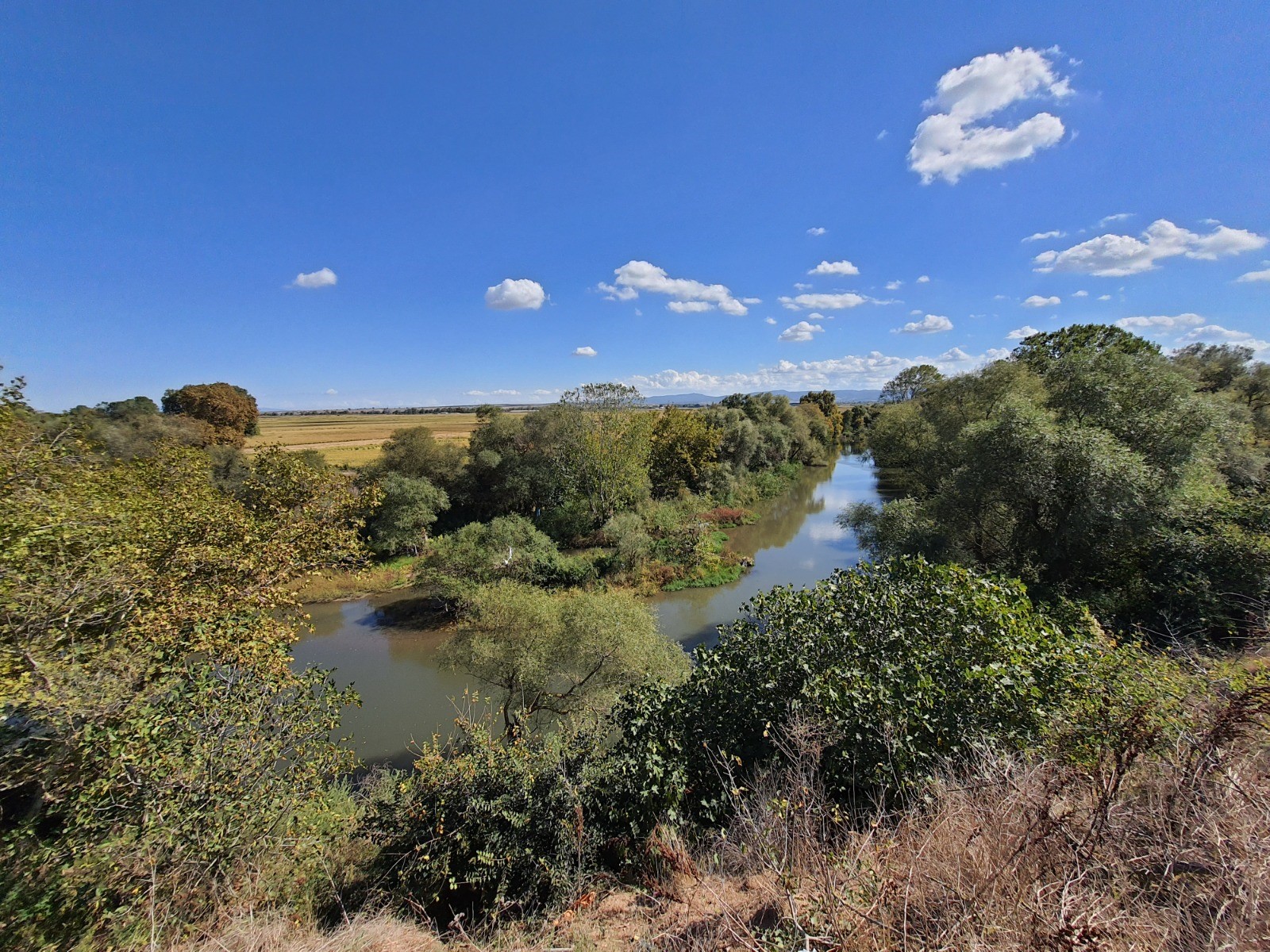
After two decades of research, the historic Granikos Battlefield, the site of one of Alexander the Great's most significant battles, has been uncovered. The 2,400-year-old site, located near the Granikos River in the Biga Plain, will be developed into a tourism attraction under the "Alexander the Great Cultural Route" project.
The Granikos Battlefield will be further enhanced with surrounding area landscaping as part of the broader initiative.
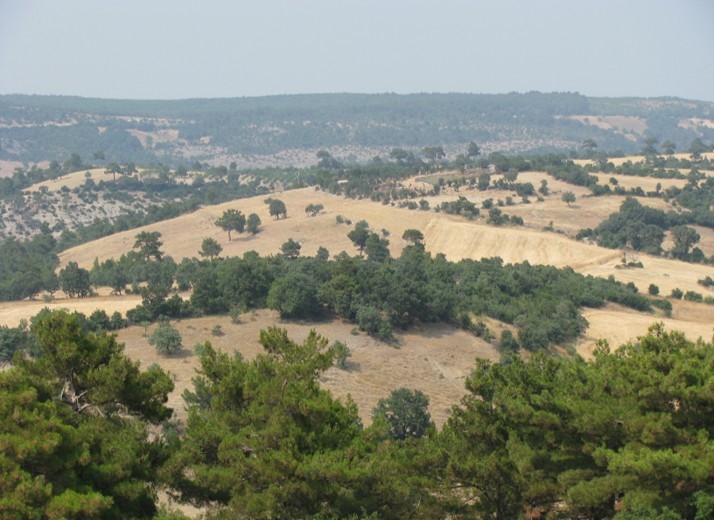 The Granikos River, near the Granikos Battlefield, one of Alexander the Great's most important battles, Canakkale, Türkiye, December 18, 2024. (IHA Photo)" >
The Granikos River, near the Granikos Battlefield, one of Alexander the Great's most important battles, Canakkale, Türkiye, December 18, 2024. (IHA Photo)" >
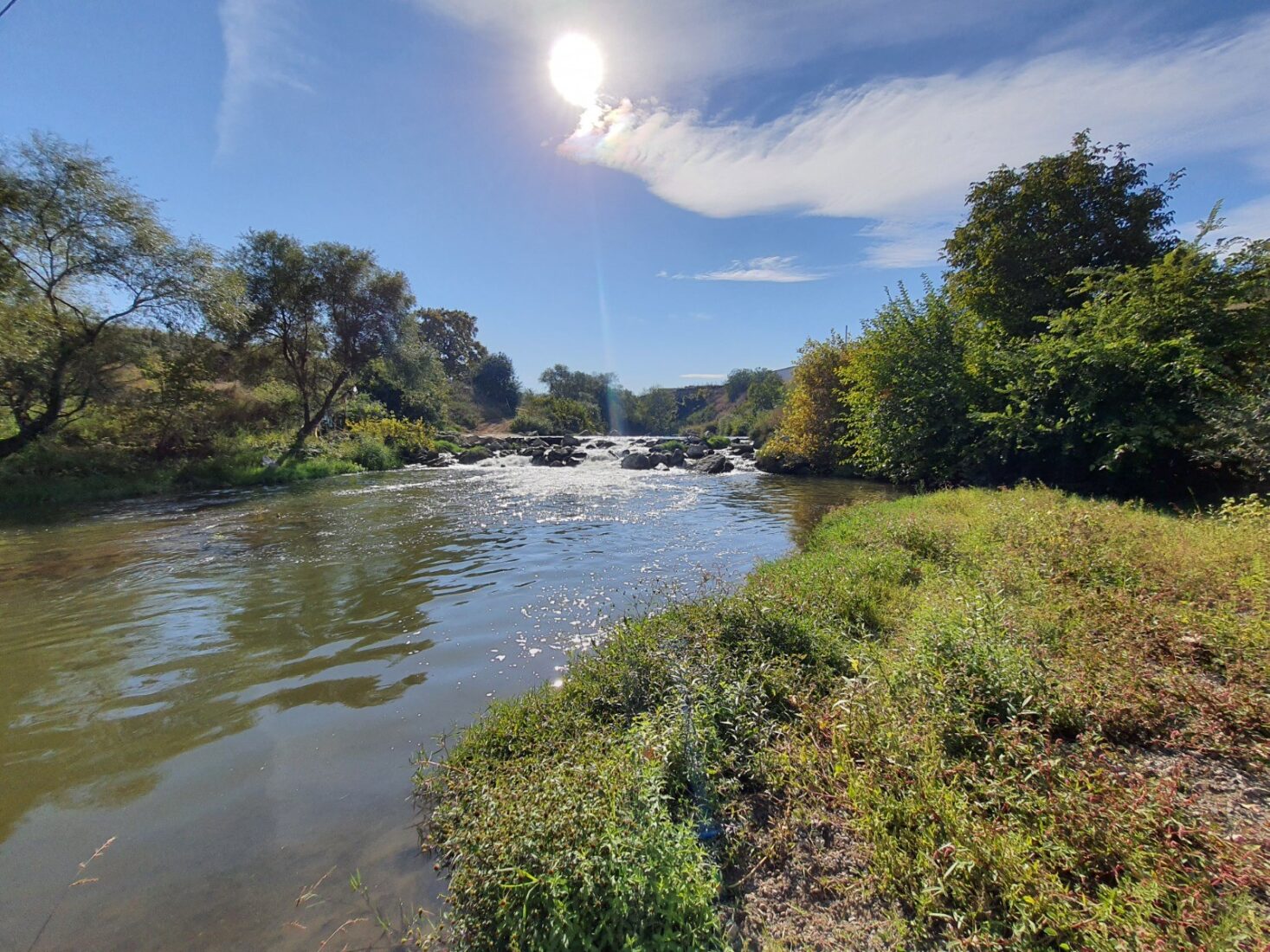 The Granikos River, near the Granikos Battlefield, one of Alexander the Great's most important battles, Canakkale, Türkiye, December 18, 2024. (IHA Photo)
The Granikos River, near the Granikos Battlefield, one of Alexander the Great's most important battles, Canakkale, Türkiye, December 18, 2024. (IHA Photo)
Professor Reyhan Korpe, Scientific Advisor to the project and a faculty member of the Department of History at Canakkale Onsekiz Mart University (COMU), stated, "We have located the route Alexander took to the Granikos Battle after nearly 150 years of searching. Our research, combined with a careful reading of ancient sources, has led us to pinpoint the exact location of the battle, the villages involved, and its position within the plains."
Twenty years ago, Prof. Korpe initiated the long-awaited search for the Granikos Battlefield. Since then, surface surveys around Biga and its surroundings have been conducted, with this year's findings revealing the battle's exact location. The Granikos Battle, which occurred in May 334 B.C. between Alexander and the Persian Empire, was the first of three major battles between the two powers. Plans are now in place to incorporate the Granikos Battlefield into Türkiye’s tourism sector.
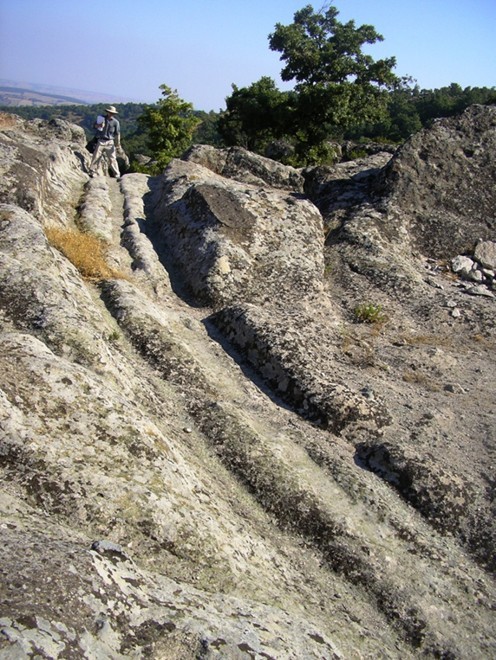 The area believed to be the Granikos Battlefield, one of Alexander the Great's most important battles, Canakkale, Türkiye, December 18, 2024. (IHA Photo)" >
The area believed to be the Granikos Battlefield, one of Alexander the Great's most important battles, Canakkale, Türkiye, December 18, 2024. (IHA Photo)" >
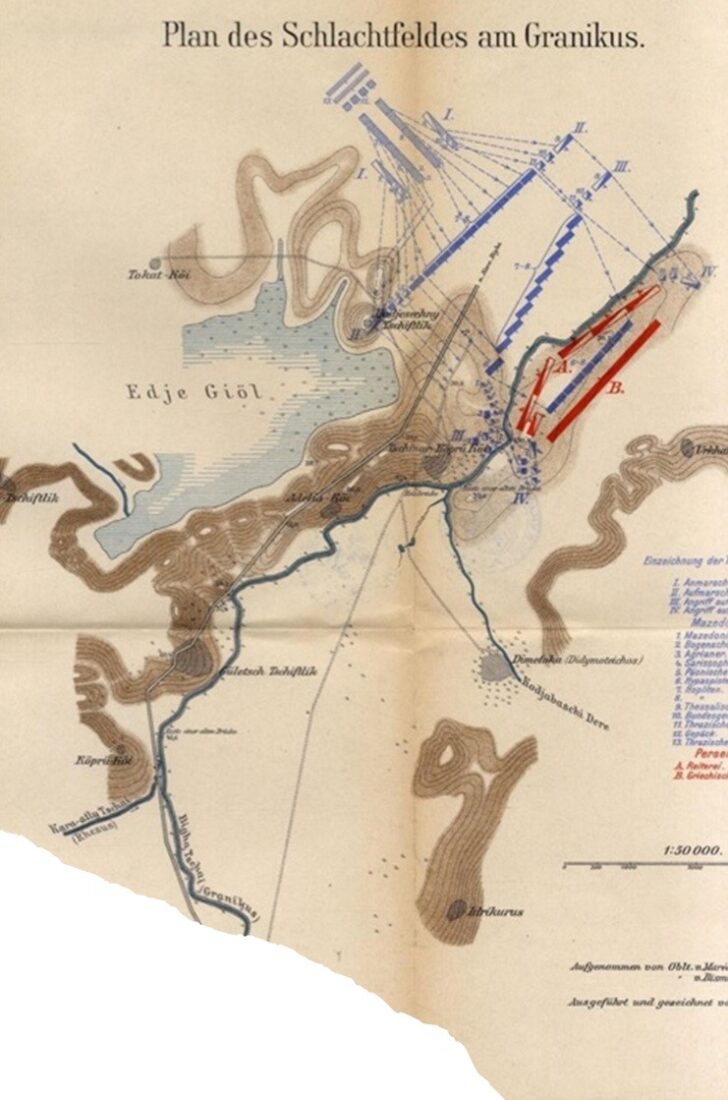 The area believed to be the Granikos Battlefield, one of Alexander the Great's most important battles, Canakkale, Türkiye, December 18, 2024. (IHA Photo)
The area believed to be the Granikos Battlefield, one of Alexander the Great's most important battles, Canakkale, Türkiye, December 18, 2024. (IHA Photo)
The discovery of the battlefield was followed by crucial work identifying the routes Alexander took during his campaign from Canakkale to Biga.
"This battle is considered one of the most pivotal moments in world history," Prof. Korpe added. "Following his victory here, Alexander went on to conquer Western Anatolia and much of Asia, extending his empire into India."
In addition to locating the battlefield, researchers have also identified the exact path taken by Alexander as he made his way to Granikos. Prof. Korpe explained, "We mapped out the exact route Alexander traveled, beginning in Ozbek village, crossing through Umurbey, Lapseki, and ultimately descending into the Biga Plain.
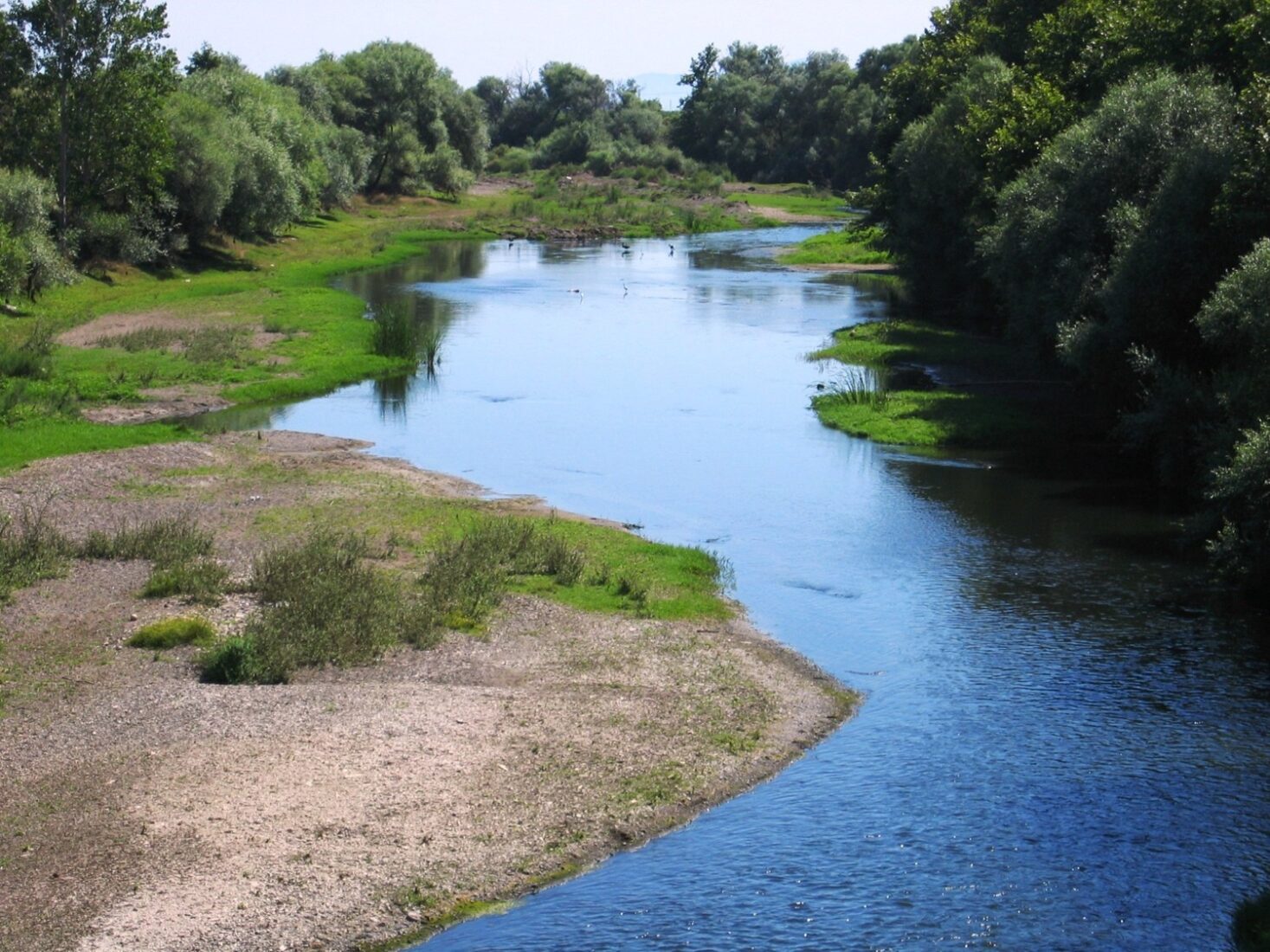
The Granikos River was where the battle took place." This path, marking an important chapter in Alexander's conquests, is now being promoted as part of a cultural route for tourists.
The ongoing project involves various stakeholders, including the Ministry of Culture and Tourism, local municipalities, and tourism sector representatives.
A recent meeting was held to discuss the future of the Granikos Battlefield as a cultural and historical landmark. Canakkale's Mayor Muharrem Erkek, along with other local officials and academics, attended to ensure the integration of the site into Türkiye’s growing tourism sector.
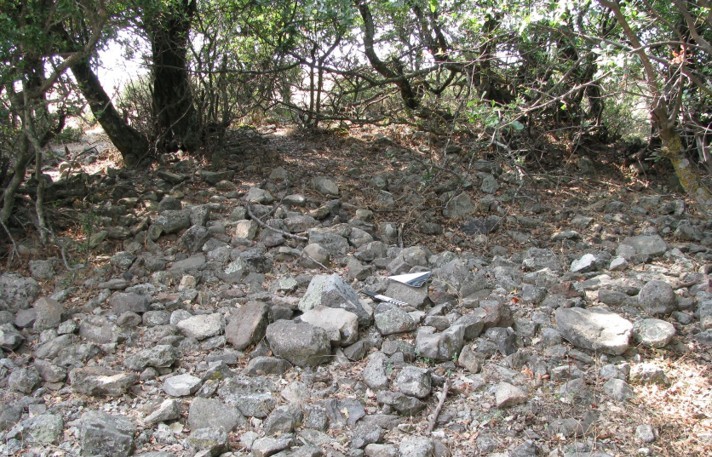
This monumental discovery brings a significant chapter of world history to the forefront of Türkiye’s rich cultural and historical offerings.
By connecting the Granikos Battlefield to the larger "Alexander the Great Cultural Route," it promises to become a must-see destination for history enthusiasts and tourists alike.
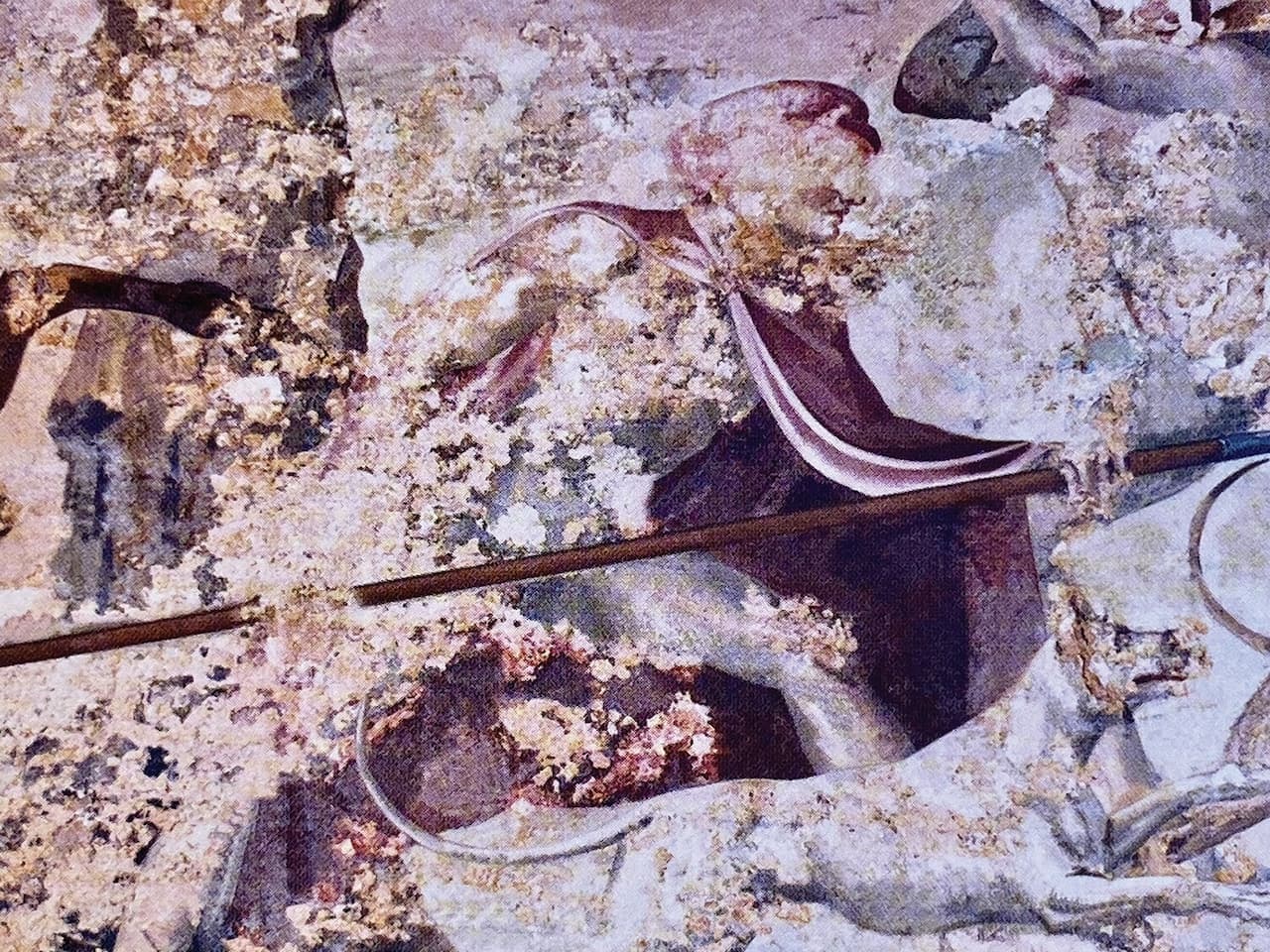
Alexander the Great, born in 356 B.C. in Pella, Macedonia, ruled from 336 B.C. until his death in 323 B.C. He became one of history's most legendary conquerors, leading an empire that stretched from the Balkans to modern-day Pakistan.
Alexander’s military career was marked by significant victories, such as the Battle of Granicus in 334 B.C., where he defeated the Persians and began his conquest of the Achaemenid Persian Empire. This battle, fought near the ancient city of Troy, marked the start of Alexander’s eastern campaigns.
In 332 B.C., he took control of Egypt, where he was hailed as a pharaoh and founded the city of Alexandria, which became one of the most important cultural centers of the ancient world. His conquests continued with the famous Battle of Issus in 333 B.C., where he defeated the Persian king Darius III, cementing his status as a military genius.
Alexander the Great died unexpectedly in 323 B.C. at the age of 32 in Babylon. His death led to various speculations. While some historians believe he died from natural causes, such as malaria or a viral infection, others suggest that he may have been poisoned. His death marked the collapse of his empire, which was divided among his generals after his passing. This event was a significant turning point in world history.
Despite his many accomplishments, Alexander's character was complex and sometimes controversial, marked by moments of brutality and the execution of close associates. His legacy, however, influenced future leaders such as Julius Caesar, Napoleon, and even modern military strategies.